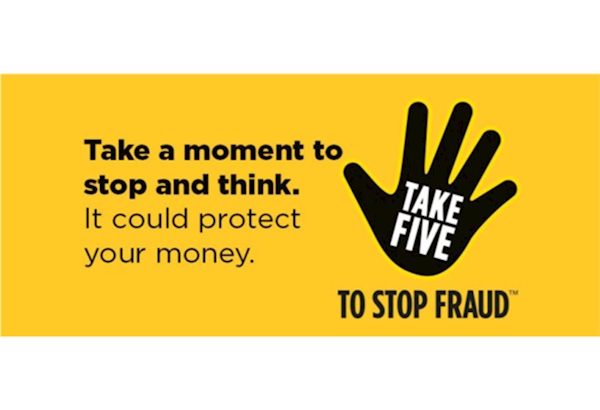A significant threat to your finances often comes from fraudsters who imitate your bank’s fraud department or security team. Their primary goal is to panic or persuade you into transferring money directly into their accounts—a scam known as Authorised Push Payment (APP) fraud.
The Scam
Don’t be fooled into thinking these calls are easy to spot. Fraudsters use advanced techniques to make their calls appear to come from your bank’s genuine phone number. They may even have details about you (from a previous data breach) to make the story sound even more convincing. Conversely, they may simply rely on urgency and fear to make you panic and act without thinking.
A genuine bank or authority figure will never pressure you to act immediately, be secretive, or discourage you from checking their identity.
Be immediately suspicious if you are contacted unexpectedly and asked to:
Log into your account while on the phone with them.
The only way to be completely sure a call from your bank is genuine is to end the call and call them back yourself. This breaks the scammer’s connection and allows you to verify the situation independently.
Alternatively, you can call 159. This is the UK’s anti-fraud hotline that securely connects you directly to the fraud prevention department of most major banks.
If you believe you have shared account details or lost any money to a scammer:
This messaging system is not for reporting crime as responses are not monitored 24/7. If you have time-critical information regarding the content of the above message, or if you wish to report any other non-urgent matter, please call 101. In an emergency, call 999.
Police Scotland’s North East Division covers rural and urban areas in Moray, Aberdeenshire and Aberdeen City. The division has five territorial command areas which have their own dedicated Area Commander, who is responsible for the daily policing function. Each command area is served by a number of community policing teams whose activities are built around the needs of the local community. These teams respond to local calls and look for long term solutions to key issues. They are assisted by the division’s Crime Reduction Unit who deliver against Force and local priorities in a number of areas, including physical and social crime prevention, supporting and enhancing community engagement and creating and sustaining strong and effective partnership working.




